These findings represent a bridge in physics, AI and neuroscience, and has the potential to advance on-the-spot decision making in AI.
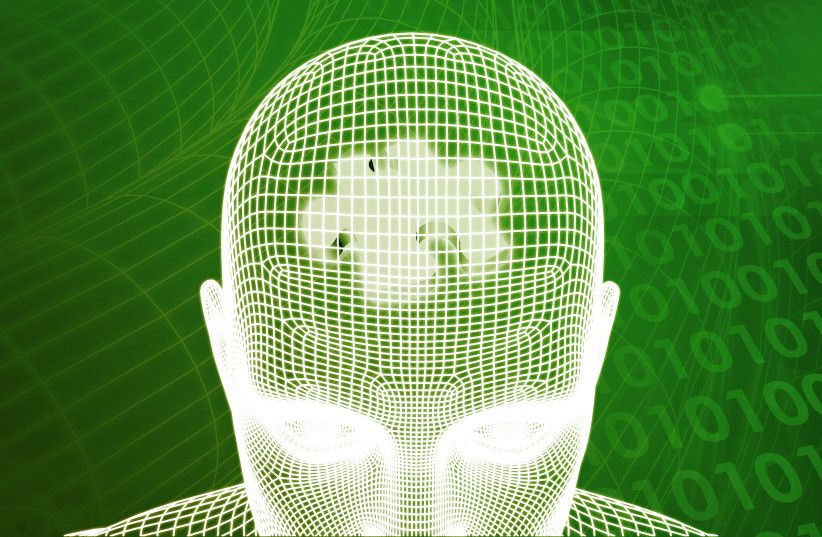

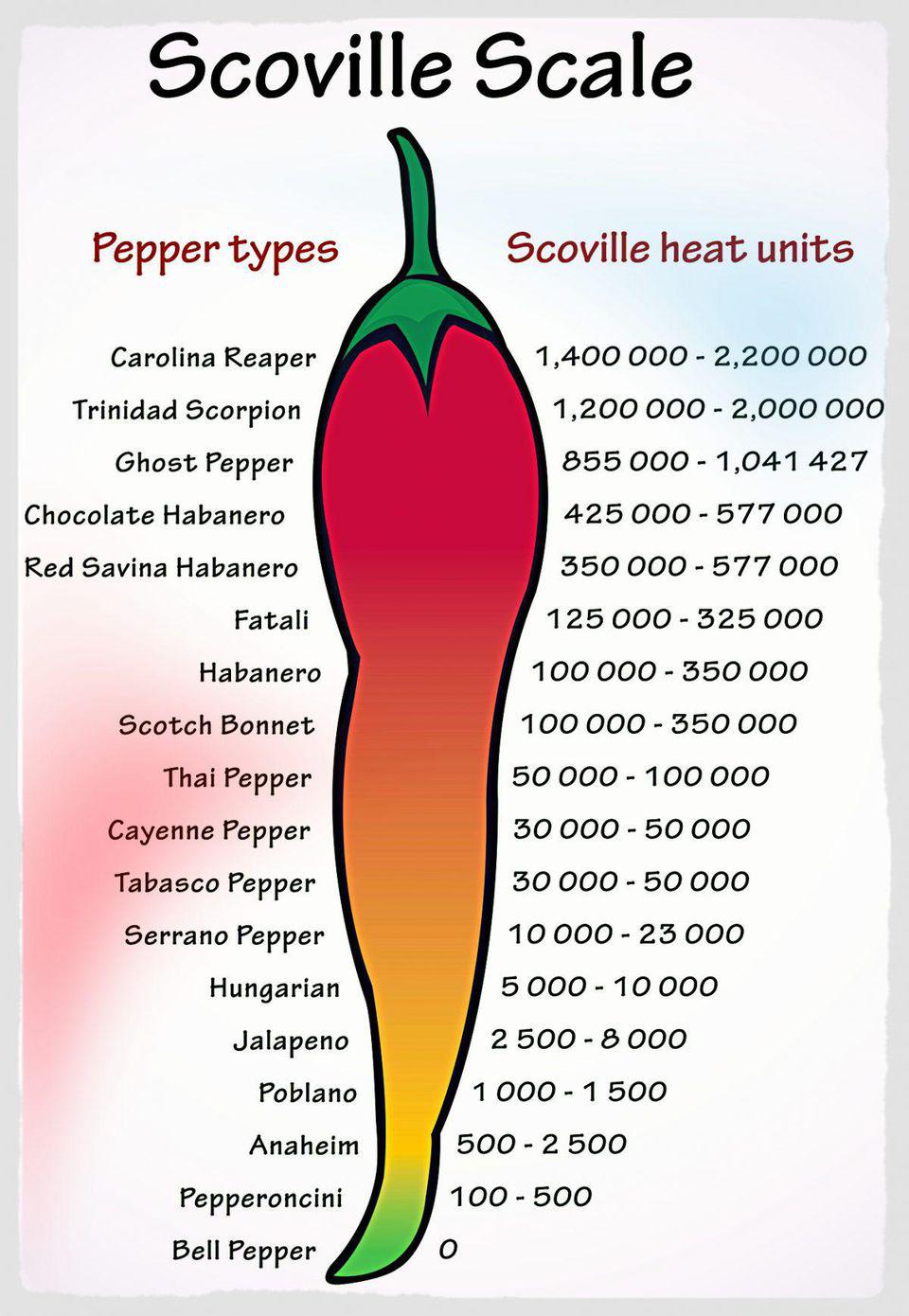

Skeptical. But, wonder if will trigger major funding boost if true.
Any credible list of influential books about tech from the last decade would include AI Superpowers: China, Silicon Valley and the New World Order by Kai-Fu Lee. Considered the world’s foremost authority on artificial intelligence, Taipei-born Lee got an early start, writing a pioneering speech-recognition program while a student at Carnegie Mellon in the 1980s. He later had a career in China and the U.S. at Apple, Microsoft, Silicon Graphics and Google, where he was president of Google China. Now based in Beijing, Lee runs a venture capital firm called Sinovation, which focuses on AI investments. The interview with Lee took place (virtually) in early October.
Forbes Asia: AI Superpowers made you a global business star. Why did you write the book?
Kai-Fu Lee: China has—thanks to data, AI, and the entrepreneur ecosystem—rapidly evolved from a copycat into a true innovator. It currently co-leads artificial intelligence with the United States. When AI Superpowers came out in 2018, I think it was a bit surprising to people.
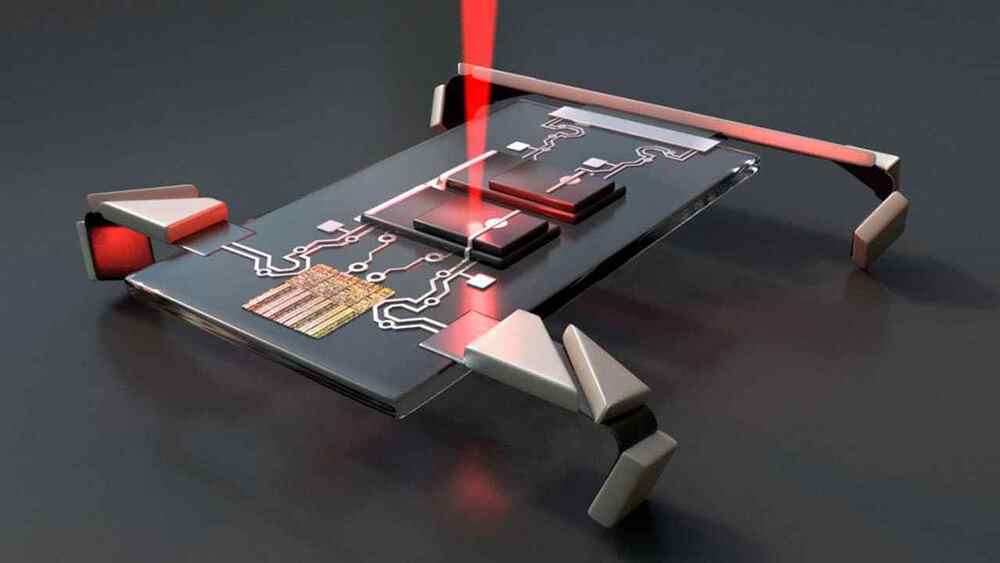
Would you be okay to have these injected in you?
Engineers at Cornell University developed a microscopic robot – so small it’s invisible to the naked eye – that walks. It’s so tiny that ten could fit within a period. The team says they can manufacture one million of the robots per week.
The new robot is essentially a microchip on four origami-inspired legs that can be activated by lasers. It was designed to crawl inside the human body, find and eliminate diseases. It can be steered by beaming a laser at its feet, which causes their leg to bend.
Itai Cohen and Paul McEuen Labs, leaders of this invention, envisions them as a beneficial medical tool to do things like hunt down and destroy cancer cells. The micro-bots are so small they can be injected into the body.
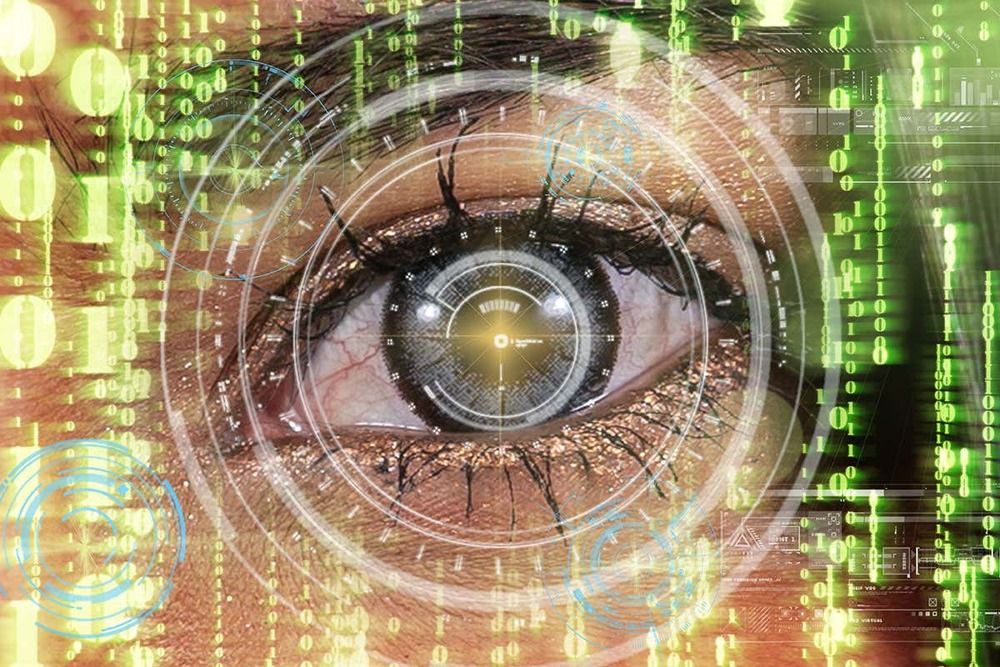
Your weekly selection of awesome robot videos.
It’s easy to forget that Kawasaki is much more than a motorcycle company. While its famously crazy motorcycles are certainly the most visible part of the brand outside Japan, Kawasaki Heavy Industries is a 124-year-old industrial colossus that brought in US$15 billion in revenues last year. Only $3.2 billion of that came from the motorcycle and engine division – a further $2.5 billion came in from energy systems and plant engineering, and $2.2 billion from precision machines and robotics.
The largest segment of the Kawasaki empire, contributing $4.6 billion, is its aerospace systems division. Kawasaki makes a small range of military and civilian helicopters, as well as large turbofan engines for various Airbus and Boeing airliners.
So this new K-Racer design is well within the company’s wheelhouse. The K-Racer is an unmanned compound helicopter – compound referring to the fact that it uses multiple propulsion systems. Its 4-m (13.1-ft) top rotor looks much like the one on any large helicopter, and it’s clearly capable of modifying the angle of its blades as they rotate around the central shaft to give it omnidirectional tilt and movement capabilities.

Buying a pair of prescription glasses is cumbersome process. Retail stores often charge hundreds of dollars—not including add-ons like UV coating—and require customers to return days or weeks later to pick up their spectacles.
Japanese eyewear maker JINS wants to change this. An unknown brand in the US, the Tokyo-based company is getting ready to expand outside of Asia and open its first US store this week. The outlet on San Francisco’s Powell Street—the heart of the city’s shopping district—will sell glasses ranging in price from $60 to $120 that take 30 minutes to make. (The price covers the frames, lenses, UV coating, and case; progressive, bifocal, colored, or polarized lenses will cost an additional $60 to $80.)
JINS is hoping Americans will start seeing glasses as an impulse buy—maybe something they might pick up to match an outfit.

https://media.blubrry.com/drjohnday/p/drjohnday.com/podcasts/Podcast217.mp3 Podcast: Play in new window | DownloadSubscribe: Apple Podcasts | Android | RSS6 Foods to Reverse Aging with Lithium Could a microscopic dose of the psychoactive drug lithium, which occurs naturally in mineral water and certain foods, actually be the secret to less heart disease, better moods, and a longer life? In this article, I share how eating six foods may reverse aging with lithium.
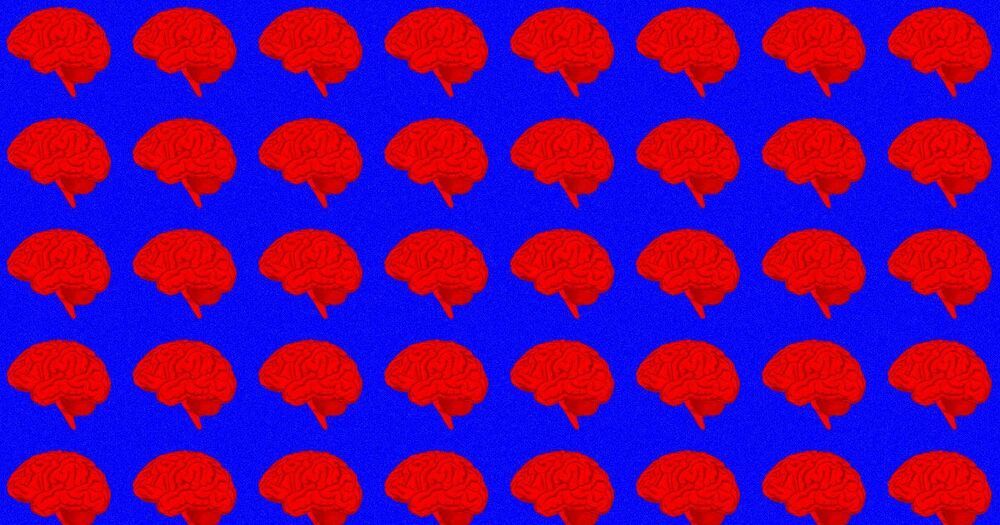
Careful, you may end up with mini cyborgs!
“The closer we come to his goal, the more likely we will get a brain that is capable of sentience and of feeling pain, agony and distress,” Christof Koch, chief scientist and president of the Allen Brain Institute, told the NYT.
The human brain is so complex that scientists are still guessing at many aspects of how it works. That’s the appeal of mini-brains — they’re comparatively simple balls of neurons that simulate some characteristics of full brains but which barely scratch the surface of their capabilities. But this new study, published Thursday in the journal Cell, suggests that the mini-brains could be more complex than previously believed.
“There are some of my colleagues who say, ‘No, these things will never be conscious,’” Muotri told the NYT. “Now I’m not so sure.”